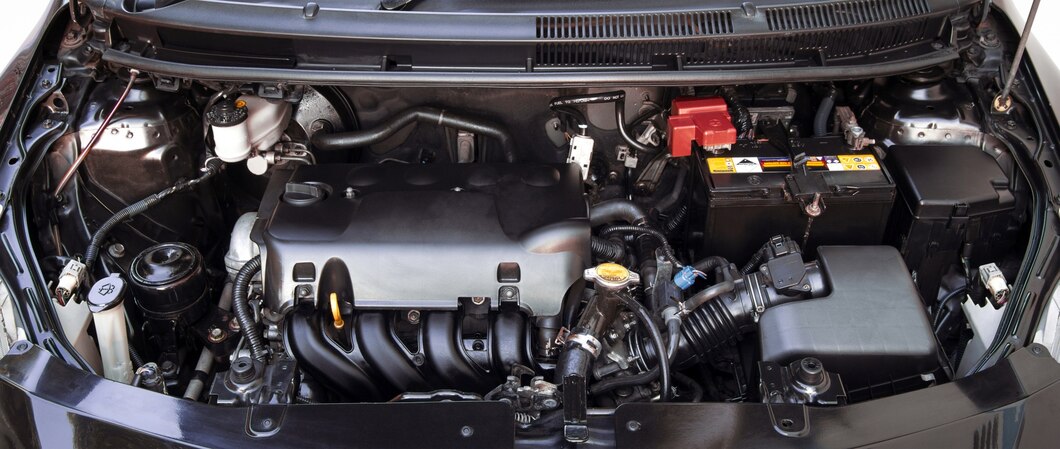The ignition coil is a vital component of your vehicle’s ignition system, responsible for transforming the low voltage from the battery into the high voltage needed to ignite the fuel-air mixture in the engine cylinders. Over the years, various types of ignition coils have been developed, each with its own unique design and method of operation. Understanding the different types of car ignition coils can help you make informed decisions when it comes to maintaining and upgrading your vehicle’s ignition system. Let’s explore some of the most common types:
1. Conventional Ignition Coils:
- Also known as single-fire or single-coil ignition systems, conventional ignition coils consist of a single coil that generates high voltage for all the cylinders in the engine.
- These coils are typically mounted on the engine’s cylinder head and connected to the distributor or directly to the spark plugs.
- While effective, conventional ignition coils can be prone to overheating and voltage loss, especially in high-performance or high-stress situations.
2. Coil-On-Plug (COP) Ignition Coils:
- Coil-on-plug ignition systems feature individual ignition coils mounted directly on each spark plug, eliminating the need for a distributor.
- This design provides more precise ignition timing and eliminates energy loss associated with long spark plug wires.
- COP ignition coils are commonly found in modern vehicles and offer improved performance and reliability compared to conventional ignition systems.
3. Distributorless Ignition System (DIS) Coils:
- Distributorless ignition systems utilize multiple ignition coils, each dedicated to one or two cylinders, eliminating the need for a distributor.
- These coils are controlled by the engine’s electronic control unit (ECU), which precisely times the ignition spark for optimal engine performance.
- DIS coils are capable of delivering higher energy sparks and are less prone to voltage loss compared to conventional ignition coils.
4. Direct Ignition Coils:
- Direct ignition coils, also known as coil-on-plug or pencil coils, are similar to COP ignition coils but are designed to deliver even higher voltage and energy output.
- These coils are often used in high-performance engines or vehicles with turbochargers, where reliable ignition under extreme conditions is essential.
- Direct ignition coils are compact in size and provide faster and more consistent ignition compared to traditional ignition systems.
5. High-Energy Ignition Coils:
- High-energy ignition coils are designed to deliver exceptionally high voltage and energy output, making them ideal for racing or performance applications.
- These coils may feature advanced winding techniques, improved core materials, and enhanced insulation to withstand extreme temperatures and stress.
- While more expensive than standard ignition coils, high-energy coils can provide increased engine power, improved fuel efficiency, and smoother performance.
6. Smart Ignition Coils:
- Smart ignition coils incorporate advanced electronics and sensors to monitor and optimize ignition timing and spark duration in real-time.
- These coils may communicate with the vehicle’s engine control module (ECM) to adjust ignition parameters based on driving conditions, engine load, and other factors.
- Smart ignition coils can improve engine performance, fuel efficiency, and emissions control, while also providing diagnostic capabilities for detecting and diagnosing ignition system faults.
In conclusion, the ignition coil plays a crucial role in the operation of your vehicle’s engine, providing the spark needed to ignite the fuel-air mixture and power the combustion process. Whether you’re driving a classic car with a conventional ignition system or a modern vehicle with advanced coil-on-plug technology, understanding the different types of car ignition coils can help you choose the right components for your vehicle’s needs. By selecting the appropriate ignition coils and maintaining them properly, you can ensure reliable engine performance and enjoy years of trouble-free driving.











